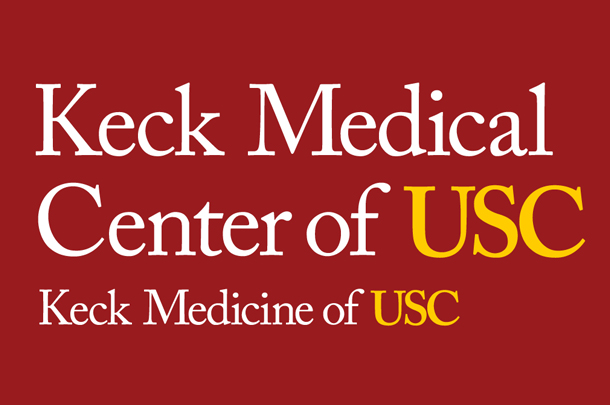Those on the front lines of patient care are often vulnerable to common afflictions in the medical field — burnout and stress.
A new program at Keck Medical Center of USC will provide caregivers suffering from the side effects that can come with helping patients — namely, compassion fatigue — with emotional support and resources to deal with emotions they may feel after difficult situations.
First developed by the Cleveland Clinic and launched in 2008, Code Lavender is a “holistic care rapid response” program helping hospital workers in need of a calming influence after a stressful situation, such as a difficult diagnosis or the loss of a patient.
“The Code Lavender program is a way for us as an organization to quietly provide personalized care to our front line caregivers who give so much compassion to our patients, yet are often in need of some personal support themselves,” said Jessica Thomas, clinical director of the Emergency Department at USC-Verdugo Hills Hospital, who helped oversee the development of the program at Keck Medical Center of USC. “The purpose of the Code Lavender is to give staff permission to feel bad, to acknowledge and express emotion when bad things happen to our patients, and provide support and resources to help when they feel overwhelmed.”
Compassion fatigue, or secondary traumatization, is an emotional state often experienced by caregivers preoccupied with the suffering and distress of their patients, according to the American Institute of Stress.
Compassion fatigue can lead to high levels of stress and often coexists with burnout. Workers who interact with patients directly, including nurses, social workers, nurses’ aides, respiratory therapists and paramedics, often experience it. This type of stress may manifest as emotional or physical exhaustion.
A nurse or other staff member suffering from compassion fatigue may display callousness or indifference, poor judgment, a desire to quit nursing, increased physical complaints, irritability and anger, Thomas said.
“Studies reveal that nursing leaders must acknowledge that these emotions exist and then explain it as compassion fatigue rather than allowing the assumption that something is wrong with individuals,” Thomas said. Training for department leaders allowing them to be prepared for the situations that may trigger a Code Lavender response is now underway, she said.
Once triggered, a Code Lavender will not be called over the hospital public address system. Instead, a member of the Healing Services team will respond within 30 minutes with a “healing” basket filled with items like calming tea, hand lotion and aromatherapy products. Other services provided include consoling, prayer and listening.
During August, the Code Lavender team responded to 21 staff members.
Team members involved in starting Code Lavender include Char Ryan of Patient Experience and Employee Engagement, Carol Marcusen of Social Services, Phil Manley from Chaplaincy, Jeff Harris of the Center for Work and Family Life, John Pappas from Social Work and Palliative Care, Nursing CNO Annette Sy and Project Specialist Angela Luszcz.
To trigger a Code Lavender, email codelavender@med.usc.edu.
— Douglas Morino


